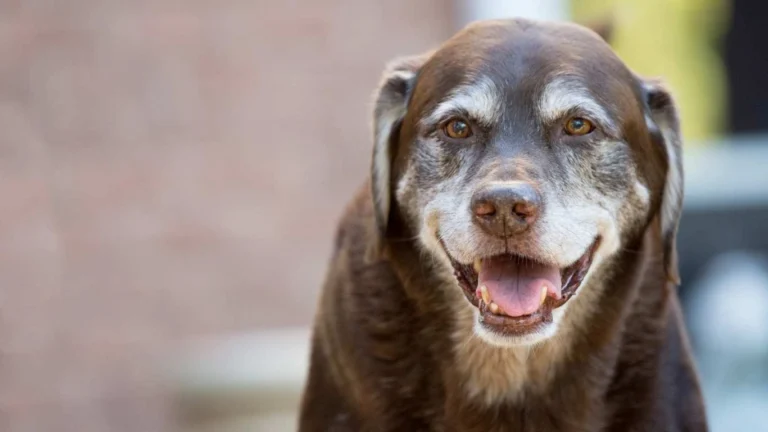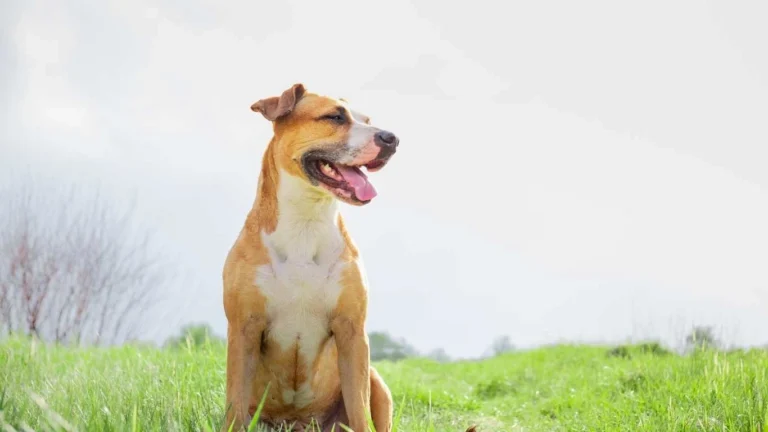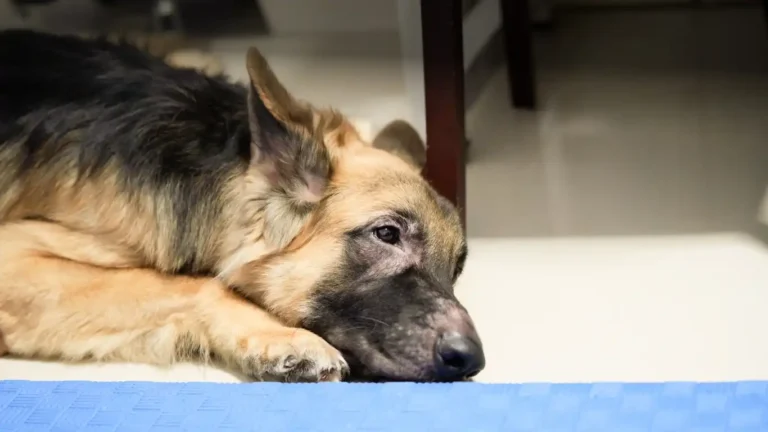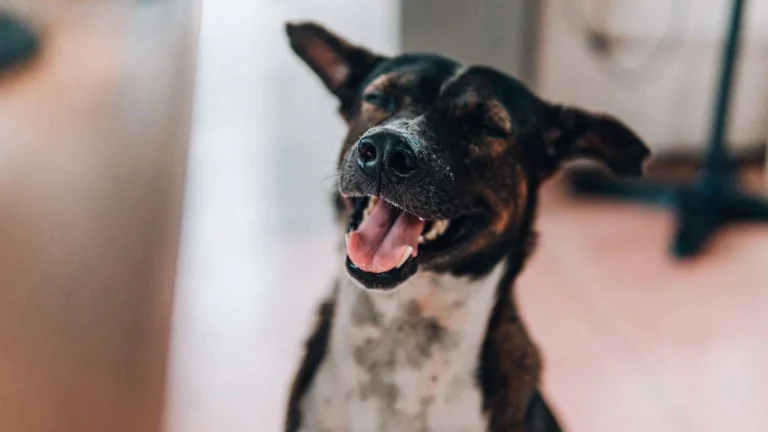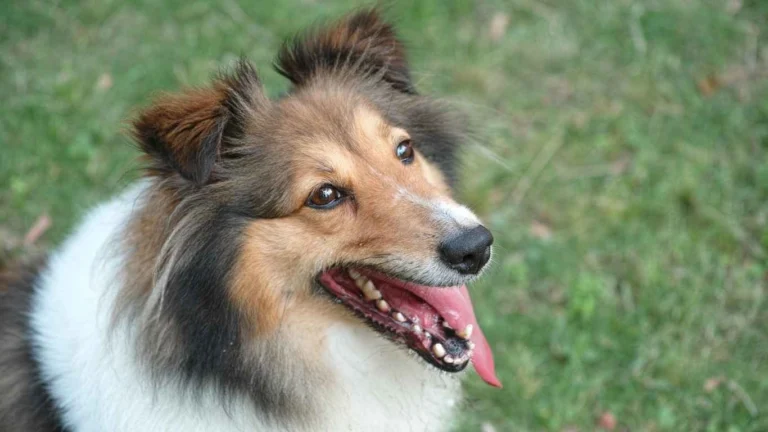Best Diet for Overweight Senior Dogs That Actually Works
If you’re like me—someone who’s worked hands-on with hundreds of dogs in shelters and clinics—you know how common it is to see older pups struggle with extra pounds. Finding the best diet for overweight senior dogs isn’t just about weight loss; it’s about restoring energy, supporting aging joints, and keeping tails wagging well into their golden years. I’ve had senior labs come in barely able to stand, only to perk up after a few months on a proper diet plan. So let’s dig into what really works, what’s just marketing fluff, and how you can make smart choices for your senior pup’s plate.
Why Weight Matters More for Older Dogs

Let’s start with the obvious: carrying excess weight makes it harder for older dogs to move. Their joints are already worn down from a life well-lived—add in some extra baggage, and suddenly, walks turn into waddles. I’ve seen dogs with arthritis struggle to even sit down properly. Not fun. But here’s the kicker—weight affects way more than just movement.
- Heart health: Just like in people, extra weight strains the heart.
- Diabetes risk: Overweight dogs are much more prone to blood sugar issues.
- Liver & kidney stress: Metabolism slows with age, so poor diets pile on damage.
- Lower lifespan: Yup, science shows that leaner senior dogs live longer.
Now, I’m not saying your pup has to be skin-and-bones. Far from it! But getting them to a healthy weight range—especially when they’re older—is honestly one of the best things you can do to give them a few extra happy years.
Understanding the Nutritional Needs of Overweight Seniors
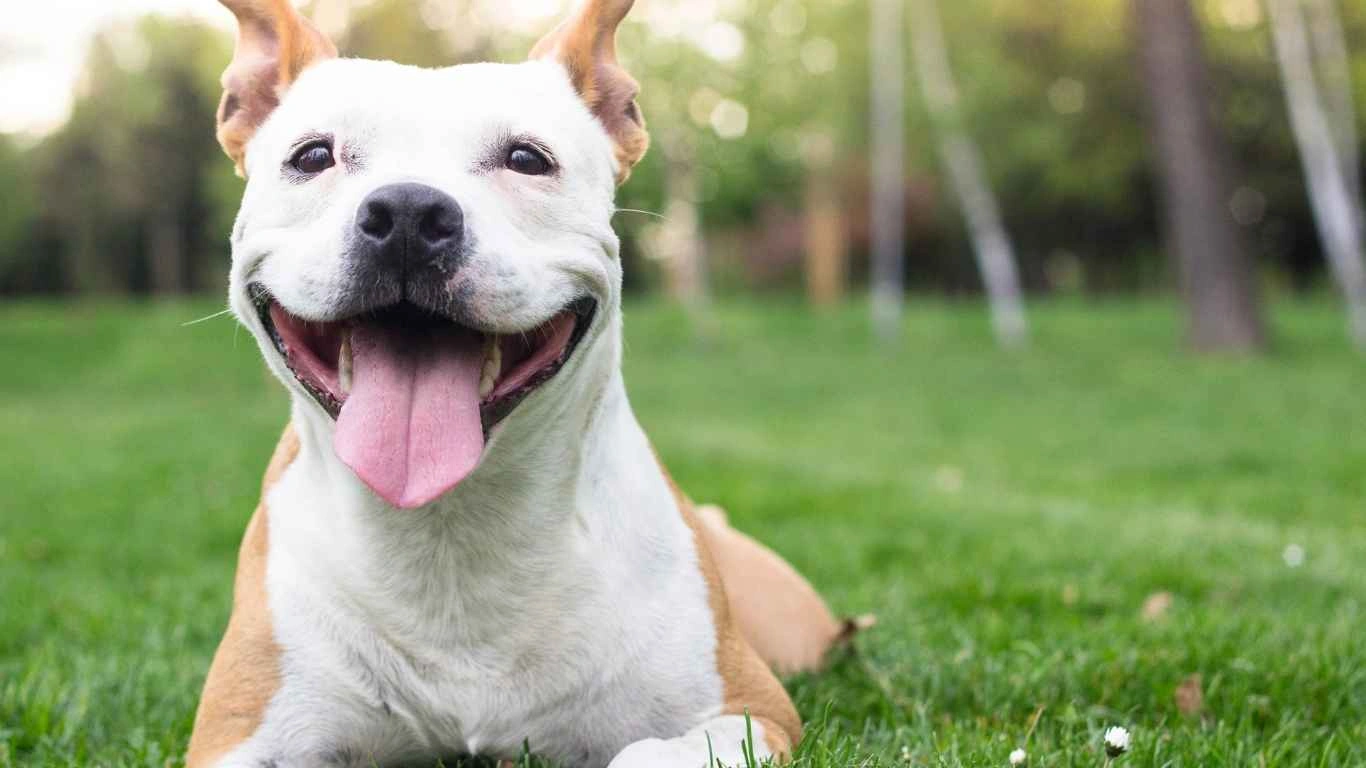
It’s Not Just Fewer Calories
Here’s where I see folks go wrong: they think helping a senior dog lose weight just means feeding less kibble. Nope. Older dogs need a completely different nutritional profile than young adults or puppies.
In my clinic days, we used to joke that senior dog nutrition is like building a jigsaw puzzle with a blindfold. You’re juggling protein, fats, fiber, supplements—and trying not to upset sensitive stomachs along the way. So let’s break it down:
- Protein: Crucial to prevent muscle loss, which happens faster in overweight seniors.
- Fiber: Helps keep them full and supports digestion (bye-bye, constipation).
- Omega-3s: Great for joint health and reducing inflammation.
- Low fat, but not no fat: Fat is important for energy—just the right kinds and amounts.
One of the best results I ever saw was with a senior beagle named Murphy. He had this adorable belly sway when he walked, but it wasn’t cute once we saw his bloodwork. We switched him to a high-protein, moderate-fiber, low-fat prescription diet—plus some green beans as treats—and in six months, he was down 9 pounds. And honestly? He was zooming around like a puppy again.
Common Diet Mistakes I See (And How to Fix Them)
Over the years, I’ve had a lot of conversations that start with, “But Gwenna, I only give them a little extra…” Yeah. Those “little extras” add up quick. So let’s call out a few traps:
- Free-feeding: Leaving food out all day is basically an invitation to snack non-stop.
- Too many treats: Even healthy treats can stack up in calories fast.
- Feeding based on old habits: Your dog’s activity has changed—so should the food.
If you’re nodding along here, don’t worry. It’s super common. The good news? Most of these issues are totally fixable without making your dog feel deprived. Smaller, scheduled meals with higher satiety value go a long way. I’ve also had success recommending puzzle feeders—they slow down eating and add some mental stimulation, which older dogs love.
Key Ingredients to Look For in a Senior Weight-Loss Dog Food
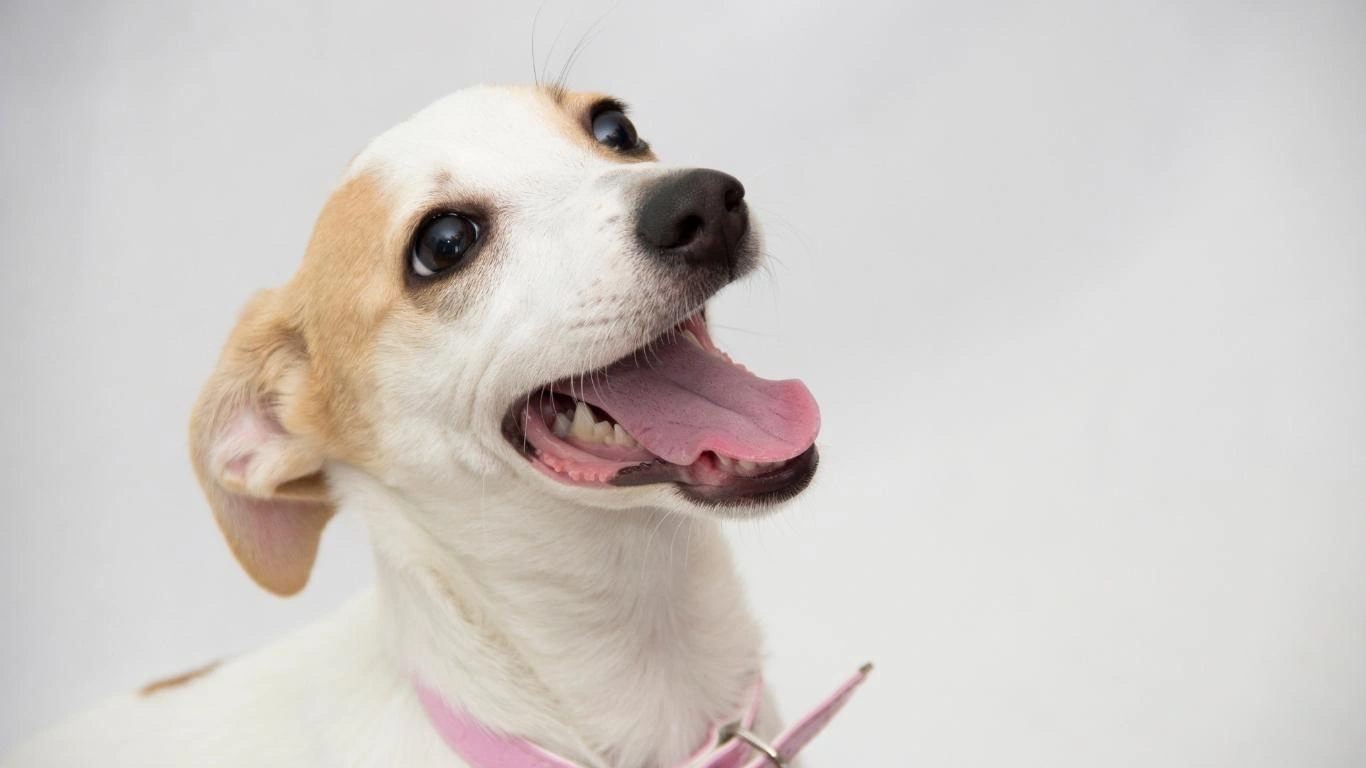
Not all dog food is created equal, and the labels can be super misleading. A lot of foods marked “senior” or “weight control” are still packed with fillers. When evaluating the best diet for overweight senior dogs, I look for these ingredients first:
- Animal-based proteins: Chicken, turkey, salmon, or lamb—not just “meat by-products.”
- Sweet potatoes or brown rice: Better carbs that won’t spike blood sugar as fast as corn.
- L-carnitine: An amino acid that helps burn fat (huge plus for chubby seniors).
- Glucosamine and chondroitin: Support aging joints and reduce stiffness.
- No artificial dyes or fillers: These don’t help and can actually irritate digestion.
One of my go-to brands for seniors with weight issues includes a limited ingredient list with turkey as the main protein, sweet potato for carbs, and a higher fiber content than standard adult foods. I’ve had dozens of dog parents thank me for the recommendation after seeing improvements in energy and mobility in just a few weeks.
How Feeding Schedules Impact Weight Loss in Senior Dogs

Alright, now that we’ve talked ingredients and what to look for on those sneaky labels, let’s get into *when* you feed. I can’t tell you how many times pet parents at the clinic would ask me, “Does timing really matter?” Short answer? Yes, it absolutely does.
Older dogs, especially those battling extra pounds, do way better with a structured feeding routine. Think of it like this: their metabolism isn’t firing like it used to. Giving them free access to food or irregular meals confuses their system. It can even spike their blood sugar—just like what happens with us if we snack all day long.
My Recommended Feeding Schedule
- Twice a day meals: Morning and evening feedings with the same portion sizes help keep digestion regular.
- No late-night snacks: I’ve seen weight loss stall completely from just that handful of biscuits before bed.
- Feeding around activity: If your dog still gets short walks or gentle playtime, plan meals after activity to avoid bloating or stomach issues.
I used to work with a senior husky named Shadow who would *beg like a pro*. His owner was slipping him little “treats” every couple of hours. Once we shifted to just two meals and some high-fiber green bean treats midday, the difference in his energy level was unreal. Within 10 weeks, he had dropped 12 pounds—and finally stopped waking them up at 3 AM looking for snacks.
Homemade Diets: Can You DIY a Healthy Weight-Loss Plan?

This one comes up all the time: “Can I just cook for my dog instead of buying store food?” And the honest answer is: yes, but be careful.
Homemade meals give you total control over ingredients, which is awesome. But it’s also super easy to miss key nutrients, especially with seniors. One time, a lovely couple came into the clinic with their senior boxer who was losing weight—too fast. They’d been feeding him plain boiled chicken and rice for weeks, thinking it was the healthiest option. But he wasn’t getting enough fat-soluble vitamins, fiber, or calcium.
What a Balanced Homemade Meal Should Include
- Lean protein: Think chicken breast, turkey, or even canned salmon (rinsed to reduce sodium).
- Low-glycemic carbs: Like sweet potatoes, lentils, or quinoa—skip the white rice and pasta.
- Veggies: Steamed green beans, carrots, pumpkin, or spinach.
- Healthy fats: A splash of olive oil or fish oil supports skin and joints.
- Calcium + supplements: You’ll need to add powdered eggshells or a vet-approved supplement to balance calcium/phosphorus ratios.
Always work with a vet or pet nutritionist before committing to a homemade plan. I love fresh food, don’t get me wrong—but it needs to be done right, especially for older dogs who are already dealing with slower digestion and maybe some organ sensitivities.
Weight Loss Isn’t Linear—Be Patient and Consistent

One thing I wish every pet parent knew is that weight loss in senior dogs can be frustratingly slow. Don’t expect overnight changes. Your dog might drop a few pounds at first, then plateau. That’s totally normal. I’ve had clients worry their efforts weren’t working, when really, their dog’s body was just adjusting to the new routine.
Track Progress the Smart Way
- Use a consistent scale: Always weigh them on the same scale, preferably at your vet’s clinic.
- Watch how the harness fits: If it’s getting looser around the chest, that’s progress.
- Take progress photos: Every 2-4 weeks from the side and top. It’s way easier to notice small changes visually.
I had this sweet old dachshund patient, Daisy, who was what I call “round like a loaf.” Her owner didn’t think she was losing any weight after a month of diet changes. But when we pulled up the photos side-by-side? Huge difference. You could finally see her waist! It’s those small wins that keep the momentum going.
Top Vet-Approved Brands for Overweight Senior Dogs

Let’s be real—most folks don’t have the time (or patience) to cook for their dogs every day. So, if you’re looking for store-bought options, I’ve tested quite a few in shelter settings and with private clients. Here’s a quick shortlist of brands that actually deliver:
- Hill’s Science Diet Perfect Weight + Mobility: Awesome for joint support and has L-carnitine built in.
- Royal Canin Aging 12+ Weight Care: Soft kibble that’s easier on senior teeth and kidneys.
- Wellness Core Senior: Grain-free, high protein, and includes probiotics for gut health.
- Nutro Ultra Weight Management: Affordable and uses quality animal proteins and whole grains.
Pro tip: Look for brands that offer trial-size bags before committing to a big purchase. I’ve seen some dogs turn their noses up at even the fanciest food. You don’t want to end up with a 30-pound bag of rejection.
How to Keep Your Dog Motivated During the Weight Loss Journey
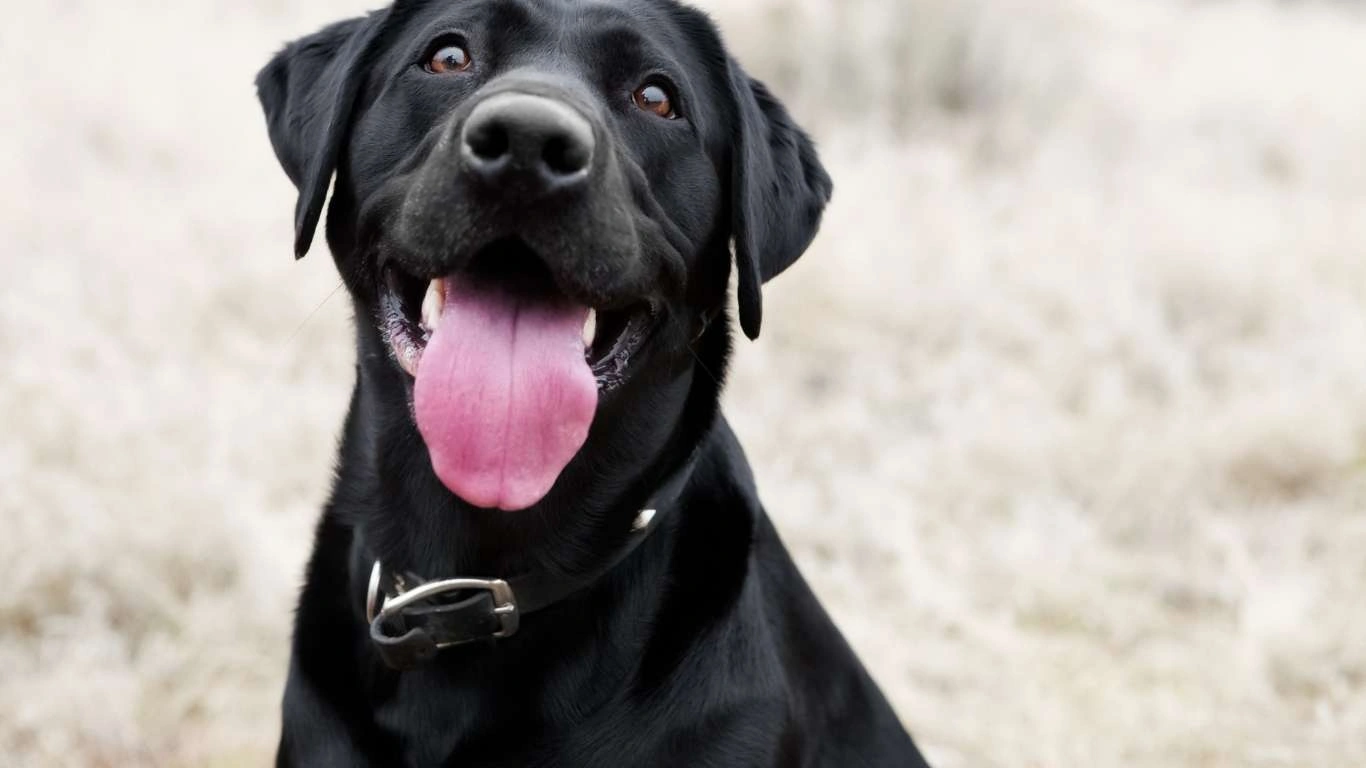
Okay, so you’ve got the diet dialed in, the portions under control, and maybe even a food journal going—amazing. But let’s be real: senior dogs need motivation too. And not just to eat healthier, but to move more, stay curious, and actually enjoy their new lifestyle.
When I worked with shelter seniors, especially those coming from less-than-ideal situations, I noticed something: the ones who stayed mentally engaged lost weight faster. They were more alert, more responsive, and honestly, just happier. So keeping your pup’s spirits up is a huge part of their weight loss success.
Low-Impact Activities That Still Burn Calories
- Short but frequent walks: Even 5–10 minutes a few times a day can make a difference.
- Gentle indoor games: Tug-of-war with a soft toy, or hide-and-seek with treats.
- Water therapy: If your dog likes swimming, that’s an amazing low-impact workout.
One of my favorite cases was a senior pug named Olive. She was overweight, arthritic, and frankly had zero interest in walks. But once we introduced short “scent walks” where she got to sniff new objects or treats around the yard, she started showing excitement again. Within a month, she was trotting from one sniff station to the next, tail wagging like she was five years younger.
When to Involve Your Vet or a Pet Nutritionist

Now I know there’s a lot of advice floating around online—and trust me, some of it’s just plain wrong. If your senior dog has more than 10% body weight to lose, or if they have health conditions like kidney disease, arthritis, or diabetes, you absolutely need to loop in your vet or a certified pet nutritionist.
They’ll help you create a plan that actually fits your dog’s medical history and current needs. In the clinic, I’ve seen DIY plans go sideways because people didn’t realize their dog’s meds were affecting appetite or metabolism. There’s no shame in asking for help—honestly, it often fast-tracks the results.
What to Expect From a Vet-Supervised Plan
- Bloodwork: To rule out thyroid issues, liver problems, or diabetes.
- Body condition score (BCS): Like a BMI for dogs, it gives a more accurate picture than weight alone.
- Tailored diet options: Prescription formulas or nutrient-adjusted homemade plans.
And yes, you’ll probably be asked to weigh your pup regularly. But it’s worth it. One of my clients had an overweight senior spaniel with heart disease—super tricky case. Their vet helped build a gradual weight loss plan that also reduced sodium and added taurine, and after six months, her heart condition was more stable and her energy came back. That’s the power of personalized care.
Frequently Asked Questions About Senior Dog Diets
Can I feed raw food to my overweight senior dog?
This one’s controversial. While raw food can work for some dogs, it’s risky for seniors who may have weaker immune systems or dental issues. Plus, balancing the nutrients takes real expertise. If you’re going raw, do it under supervision from a vet nutritionist. Sources like PetMD offer detailed breakdowns on the pros and cons.
Is grain-free food better?
Not necessarily. Unless your dog has a diagnosed grain allergy, grains like brown rice or oats can be beneficial for fiber and energy. In fact, the FDA has looked into links between grain-free diets and heart problems in dogs (NIH has more on that). So it’s all about balance, not trends.
How fast should my dog lose weight?
A good rule of thumb is 1-2% of body weight per week. So if your pup weighs 40 pounds, aim for 0.5 to 0.8 pounds lost weekly. Slow and steady really does win the race here. Rapid loss is a red flag—could mean muscle wasting or underlying issues.
Final Thoughts: You’ve Got This—And So Does Your Dog
If there’s one thing I’ve learned from years in the animal care world, it’s this: dogs are incredibly resilient. Even older, overweight pups can bounce back when they’re supported with patience, consistency, and love. The best diet for overweight senior dogs isn’t just about trimming the fat—it’s about giving them the energy and comfort they deserve in their golden years.
Don’t let slow progress discourage you. Celebrate the small wins: the looser collar, the tail wag after a walk, the nap in a sunbeam instead of on the couch all day. Every step forward is a victory—and your dog feels it too.
References
Disclaimer
This article is intended for informational purposes only and is not a substitute for professional veterinary advice. Always consult your veterinarian before making any changes to your dog’s diet or lifestyle—especially if your dog is a senior or has any pre-existing medical conditions.

